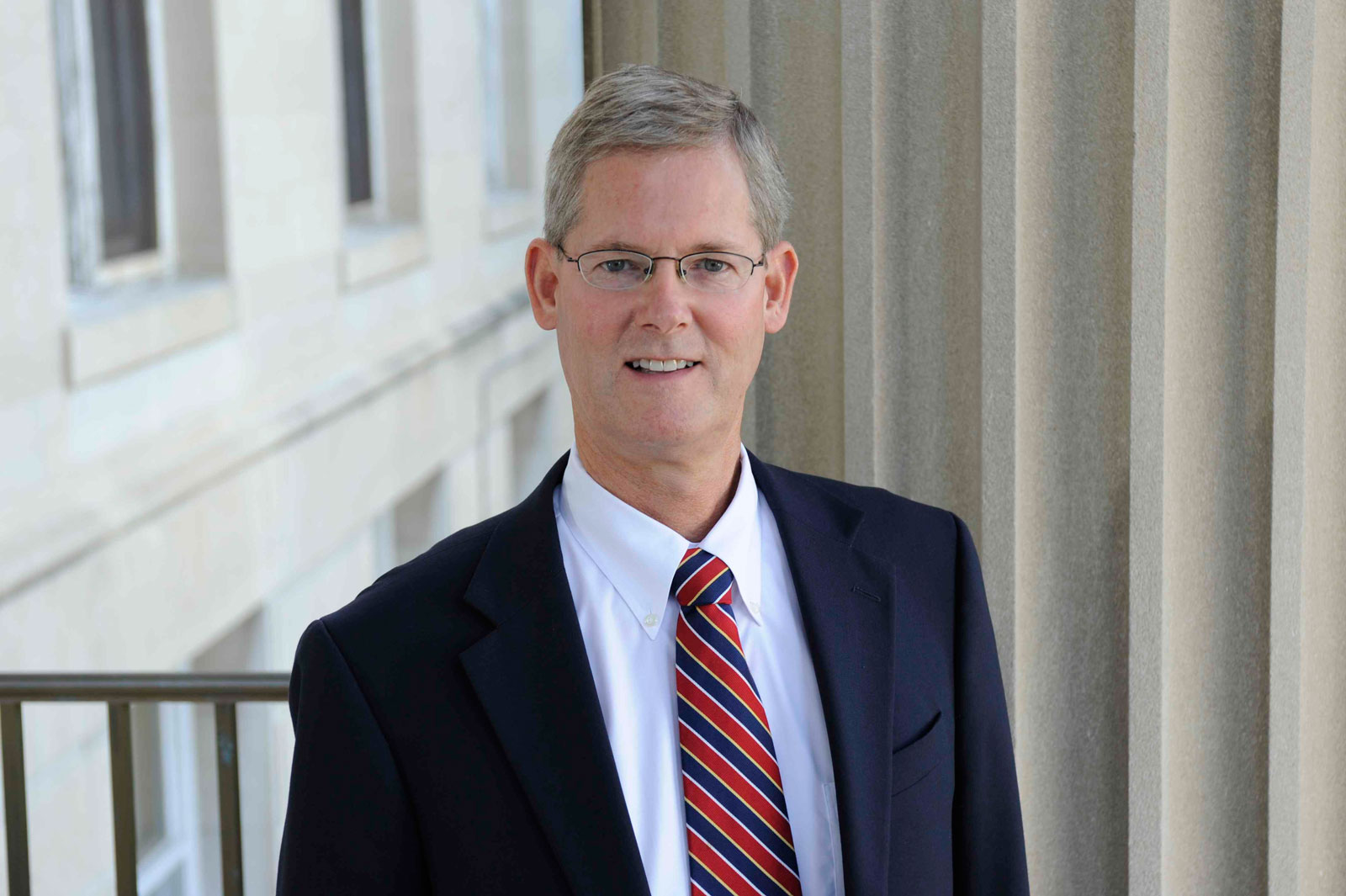
Global Mindset Formidable Challenges Await Prepared Grads
Over the past 20 years, our geopolitical landscape has been radically transformed. Global engagement by the College of Agriculture and Life Sciences also has been transformed to keep pace with this new reality.
When the Cold War ended, the college was uniquely positioned to help with the massive economic transitions occurring in Eastern Europe and the former Soviet Union. Our faculty, alumni and industry partners trained a new generation of managers and policymakers to meet the challenges of a modern agriculture sector.
More recently, chronic challenges that transcend borders have taken center stage: poverty, hunger, disease, illiteracy, environmental degradation and human rights. Global security requires that we aggressively pursue solutions to these complex and interrelated problems.
Because 70 percent of the world’s poor live in rural areas, we must work in those areas, where agriculture is the principal driver of economic development. More importantly, food security is critical to peace and stability. Famous Iowan and Nobel Laureate Norman Borlaug said, “You can’t build a peaceful world on empty stomachs and human misery.”
The College of Agriculture and Life Sciences has made a commitment to that kind of building process that Dr. Borlaug refers to. How? Some recent examples include:
– We developed a model for combating hunger and poverty and successfully implemented it in Uganda to improve the lives of rural farm families (see story on page 31).
– We are conducting research to improve the productivity of plants under harsh conditions and to improve the nutritional quality of food crops.
– We have helped educate West African women about the critical importance of animal source foods in the diets of their young children.
– As you’ll read on another page in STORIES (22), we are helping many African countries develop science-based seed trade policies that remove obstacles to sharing quality seed among nations.
A critical component in allowing Iowa and the United States to sustain and expand such efforts will be globally competent college graduates. We embarked on a campaign to increase the number of undergraduates who gain international experience. In recent years, we’ve increased our numbers five-fold—from 50 per year to today’s over 250 per year.
We are proud of the fact that we rank second in the nation among colleges of agriculture and life sciences in the number of students we send abroad each year.
But we need to dramatically increase our efforts. Our goal is to double the number of students with international experience by 2018. We need to raise private funds to help students afford these experiences.
When I ask alumni whether our college should be devoting more time and energy to international collaboration, I always hear strong endorsements along the lines of:
– The college can and should serve both the needs of the state as well as those in need overseas.
– Helping people in other countries is in keeping with Iowa’s values.
– The college’s global engagement gives Iowa an advantage in a globally competitive agricultural marketplace and a leg up in a world market where 40 percent of U.S. exports now go to developing countries.
The challenges are formidable. The world’s appetite will double in 20 years. If we are to satisfy the demand for food, we will need to make significant investments in both science and in the preparation of the next generation of globally competent agricultural and life science professionals. Our best technology and our best-trained human resources will need to be harnessed to enable us to feed more people on a finite land mass, while maintaining and improving the environment.
“Civilization as it is known today could not have evolved, nor can it survive, without an adequate food supply.”
That’s Dr. Borlaug again, placing the importance of our work as a college into perspective.



